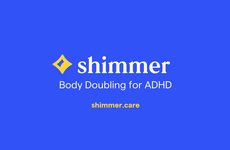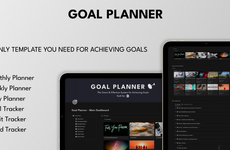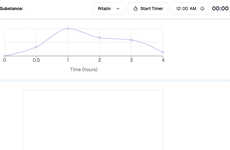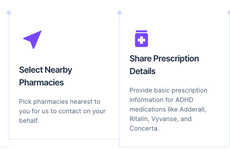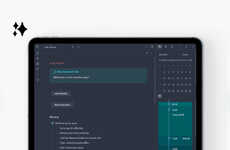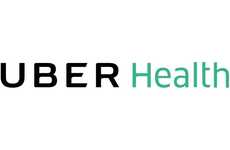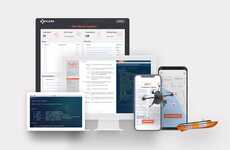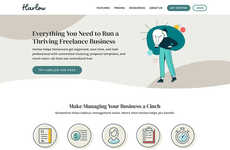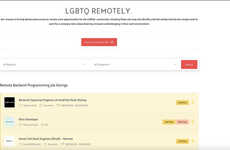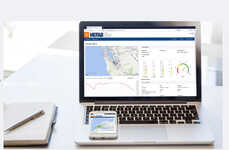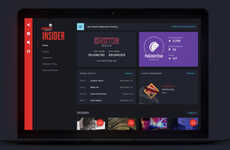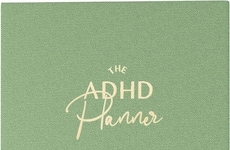
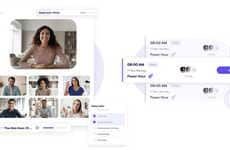
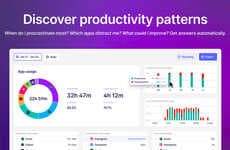

Specialized planning tools emerge to support individuals with ADHD manage daily tasks
Trend - The rising awareness and diagnosis of ADHD has led to increased demand for specialized organizational tools. These planners incorporate features specifically designed for neurodivergent thinking patterns, including unique time management systems, visual cues, and simplified task tracking methods.
Insight - As mental health awareness becomes more mainstream, particularly on social platforms, consumers are increasingly seeking tools that acknowledge and accommodate neurodivergent needs. While traditional productivity tools often assume neurotypical thought patterns and organizational skills, many individuals require solutions that work with, rather than against, their natural tendencies. This shift represents a broader movement toward destigmatizing ADHD and other neurodivergent conditions, while recognizing that different minds require different tools to thrive in conventional environments.
Insight - As mental health awareness becomes more mainstream, particularly on social platforms, consumers are increasingly seeking tools that acknowledge and accommodate neurodivergent needs. While traditional productivity tools often assume neurotypical thought patterns and organizational skills, many individuals require solutions that work with, rather than against, their natural tendencies. This shift represents a broader movement toward destigmatizing ADHD and other neurodivergent conditions, while recognizing that different minds require different tools to thrive in conventional environments.
Workshop Question - How can we create tools that cater to the unique needs of neurodivergent individuals in everyday tasks?
Trend Themes
1. Rise of Neurodivergent Tools - The increased focus on mental health awareness has driven the creation of productivity tools tailored for neurodivergent individuals' unique needs.
2. Community-driven Productivity - Platforms incorporating community elements leverage social motivation to support individuals with ADHD, creating a sense of connection and shared accountability.
3. Gamification of Task Management - Integrating gamification into productivity tools offers a novel approach to making mundane tasks more engaging and manageable for users with ADHD.
Industry Implications
1. Mental Health Tech - This industry explores solutions that merge technology and mental health practices to create tools aiding in the management of various mental conditions.
2. Productivity Software - Innovations in this field focus on enhancing efficiency and time management capabilities, recognizing the unique needs of neurodivergent users.
3. Educational Technology - Tools and platforms designed within this industry aim to facilitate learning and personal development, integrating methods to support individuals with ADHD.
